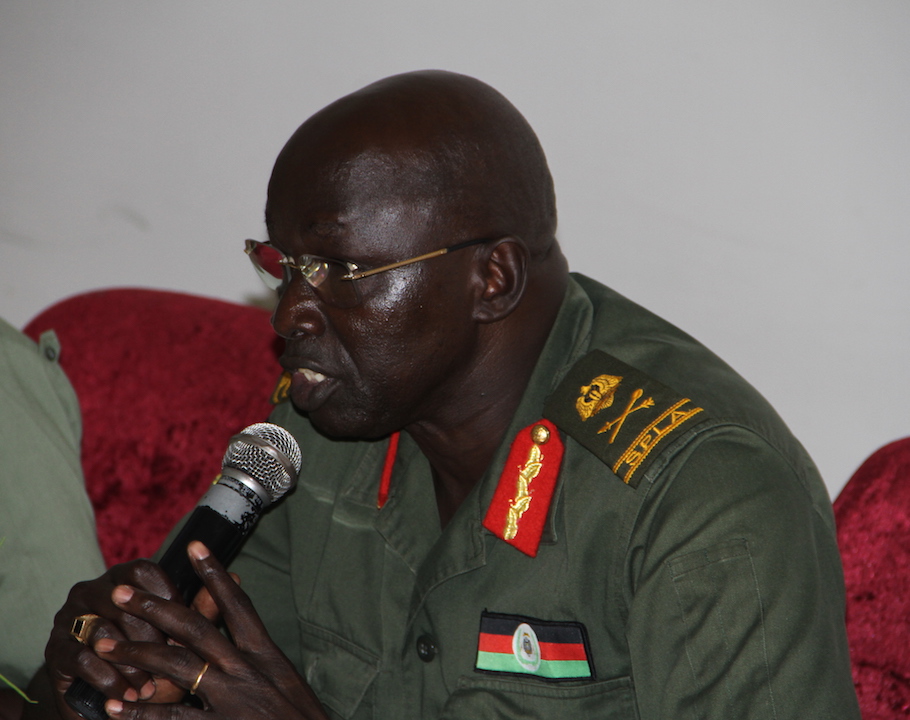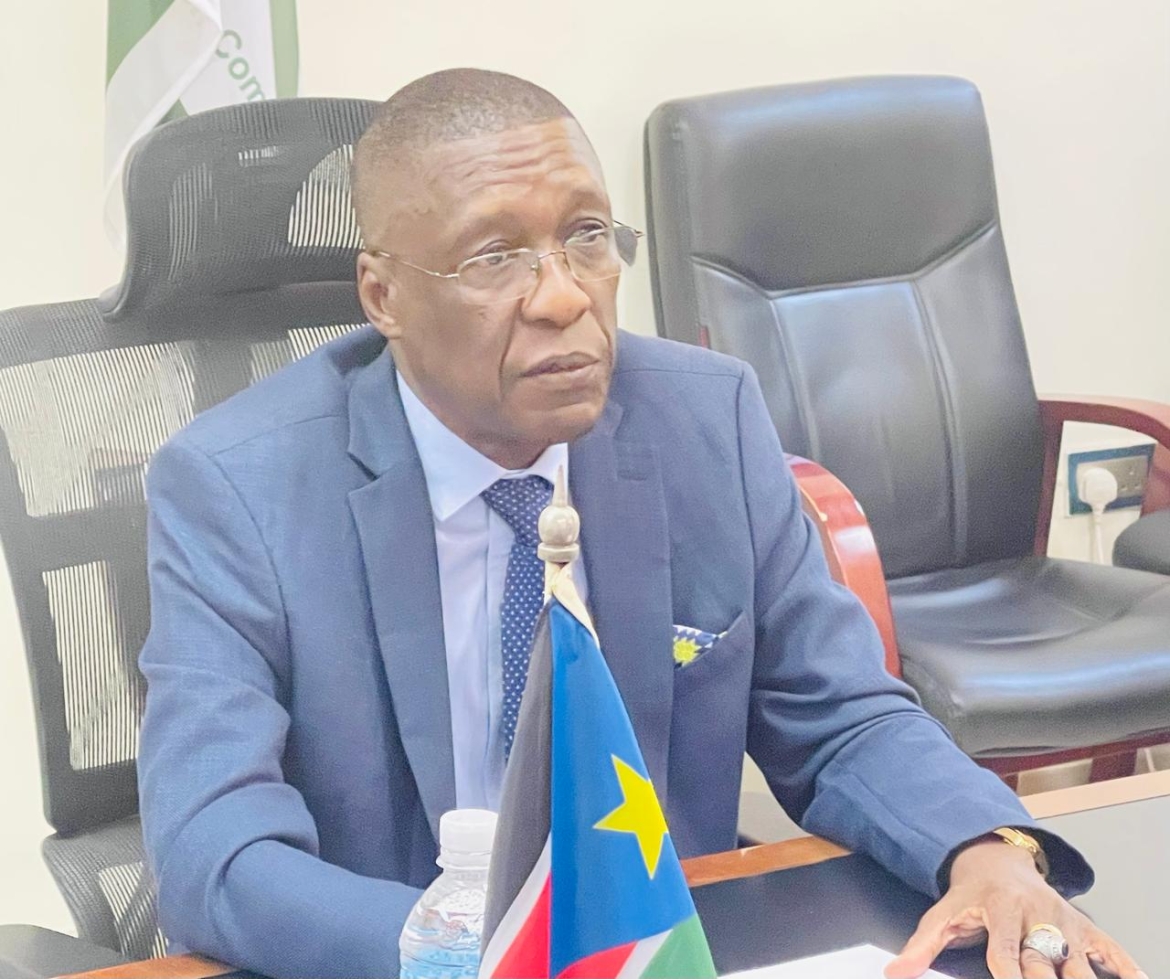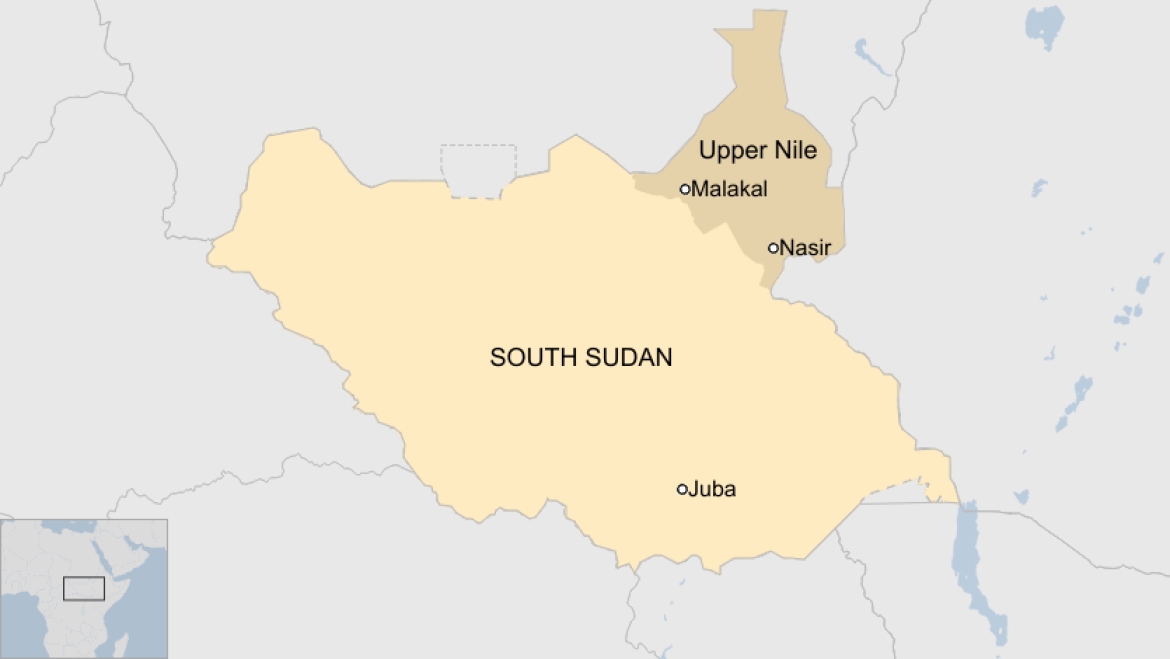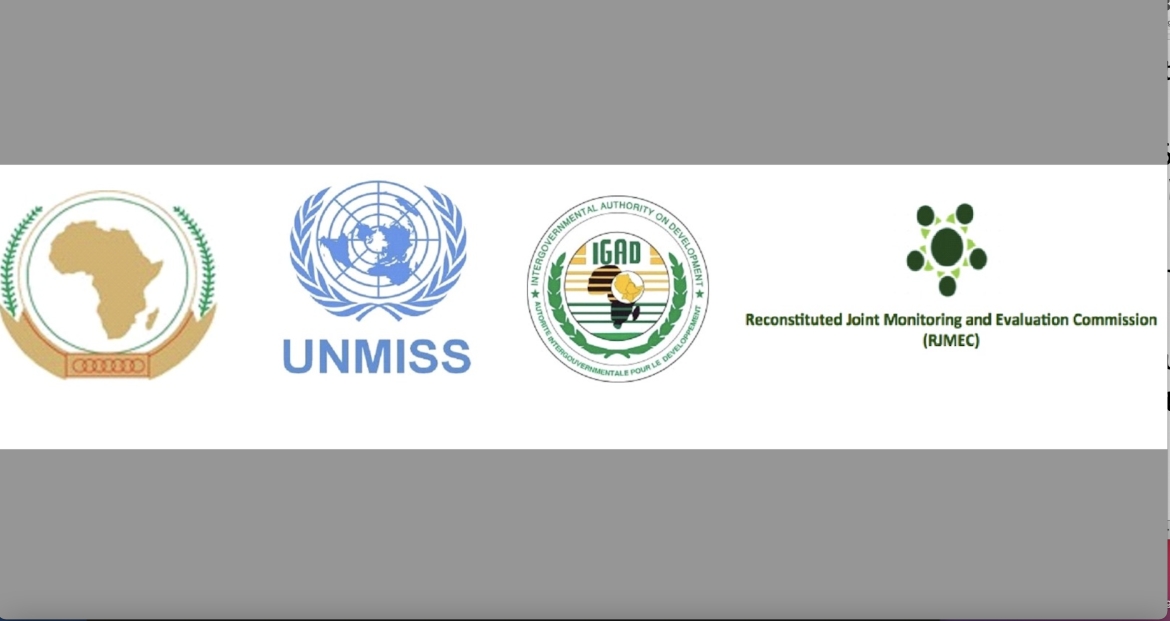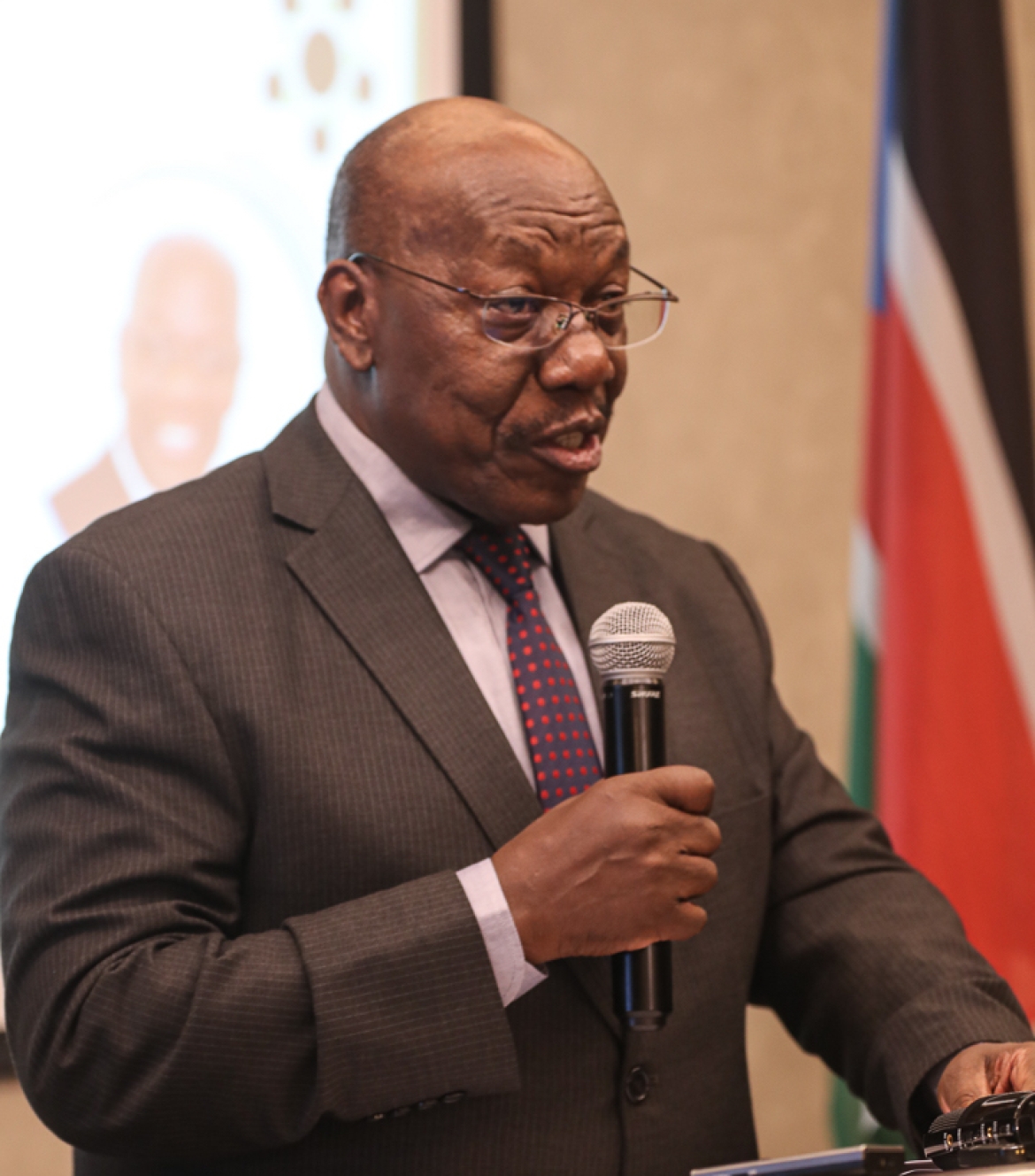Lack of resources hamper cantonment of troops, say JMCC Chairpersons
Lack of financial and logistical support continues to hamper the implementation of the cantonment of troops as envisaged by the South Sudan peace Agreement, the chairpersons of the Joint Military Ceasefire Commission (JMCC) have said.
Speaking on the sidelines of 50th meeting in Juba on Wednesday, JMCC Co-chairs Maj. Gen. Majier Deng, (SPLA-IG) and and Maj. Gen. Gabriel Gatwech (SPLA/IO-TD), said despite efforts being put in place to affect the cantonment of the soldiers, lack of resources remains “greatest obstacle” that delayed development of sites and movements of troops.
“We ask the international community to step up efforts to fund the process,” Maj. Gen. Deng said.
On his part, Gen. Gatwech despite the shortfall, claimed, at least 10,000 soldiers have been assembled in areas such as Magwi in Eastern Equatoria, Maridi and Mundri in Western Equatoria, Wau, Bentiu, Detang and Nassir. Others, he stated, are in Pagak and Malbour.
Maj. Gen. Gabriel Gatwech
The two generals thanked the Joint Monitoring and Evaluation (JMEC) for its “tremendous” support towards the Commission, which they said has helped it hold its meetings.
Gen. Deng said the Agreement on the Cessation of Hostilities (ACoH) has helped silence the guns. “We hope that the trend (of relative calm) will hold,” he said.
On his part, Gen. Gatwech said large-scale attacks have been “minimal” since the signing of Ceasefire Agreement last December in the Ethiopian capital, Addis Ababa.
During the 50th meeting held in a Juba hotel, the Joint Operation Center (JOC) and Ceasefire and Transitional Security Arrangements Monitoring Mechanism (CTSAMM) gave an update on their activities.
The Joint Military Ceasefire Commission (JMCC) is described in Chapter II, Article 3.3 of the Agreement. It is staffed by four Deputy Chiefs of General Staff, two from Government Forces and two from the SPLM/A (In Opposition) Forces.
The Commission is responsible for oversight and co-ordination of forces in cantonment and barracks, and reports to the Commanders in Chief of the respective warring parties.
According to the 2015 Peace Agreement, the warring parties agree to the separation, assembly and cantonment of their forces previously in combat within thirty days of the signing of the Agreement to enable personnel, weapons and equipment accountability, screening, re-organization and/or disarmament and demobilization.
The ARCSS also states, “Forces in cantonment shall receive non-military logistical supply including food, shelter and access to medical care.”
While in cantonment the troops will be prepared for the Disarmament, Demobilization and Reintegration (DDR) process (yet to be established) which will see the some of the troops reintegrated into civilian life while others go forward for reintegration and reunification into government security forces.


